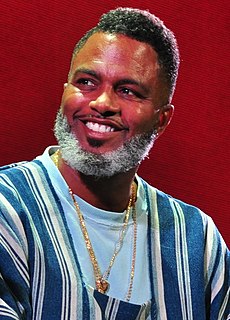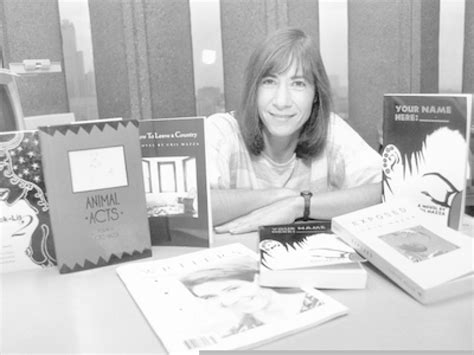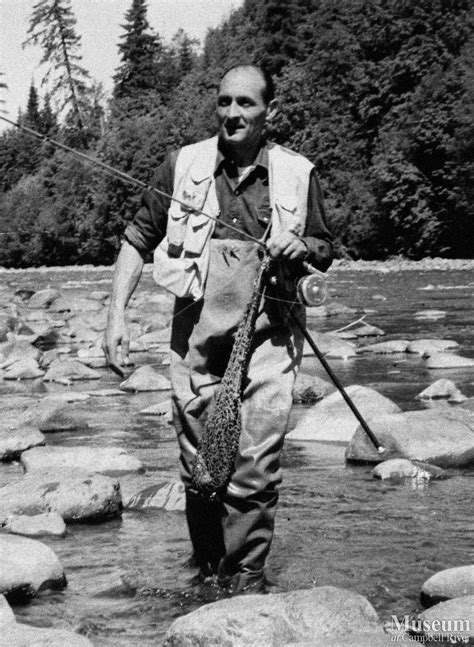A Quote by Harlan Coben
In the end, we know what makes us happy. We also know what makes us unhappy. That's the irony. We know and yet we still mess it up. That's part of the human condition, no, and why we need to work on it.
Related Quotes
And questions give us no rest. We know not why our curse makes us seek we know not what, ever and ever. But we cannot resist it. It whispers to us that there are great things on this earth of ours, and that we can know them if we try, and that we must know them. We ask, why must we know, but it has no answer to give us. We must know that we may know.
We wake up and go to sleep with ourselves every single day. We see ourselves in the mirror from every angle. We know what we look like. We know what makes us happy about our bodies and what upsets us. And we don't need to value the opinions of others at all - especially from people who that we don't even know, or that we don't care about.
No one should ever ask themselves that: why am I unhappy? The question carries within it the virus that will destroy everything. If we ask that question, it means we want to find out what makes us happy. If what makes us happy is different from what we have now, then we must either change once and for all or stay as we are, feeling even more unhappy.
The primary function of poetry, as of all the arts, is to make us more aware of ourselves and the world around us. I do not know if such increased awareness makes us more moral or more efficient. I hope not. I think it makes us more human, and I am quite certain it makes us more difficult to deceive.
I'm not really sure why so much people still listen us. I think we live in an era when people get attached to stuff, and it means something. Then I think a lot of people heard about it over the years - like somebody's older brother might tell them, you know, because we're from his era, and he might be like, "You need to listen to this; this is what it's all about," you know what I mean? I don't know, man, it's hard to say. But it makes us feel special.
Culture and society determined sexual desirability as what makes us important so long that it's part of our sensibility from birth.Little girls know. From around 2 or 3, the pretty ones already know how and why they get attention. And how quickly they learn to play it. Use it. And how quickly the rest of us figure out we don't have it.
In our childhoods we either get all the social and emotional and ethical skills we need to be well adjusted adults, or we don't. Some of us don't know how to tell someone we like them. A lot of us get depressed and get wasted. Why don't we do something that makes us feel better? Because we don't know any other way. When I didn't have enough skills I compensated with drugs and alcohol. It's like there was a hole in the wall and I put a poster over it.
We never really know what we want until after we get it. If after we get it, it makes life more miserable, we know that isn't what we wanted. If it makes our life wonderful, we know this is a strategy which will meet out need. That's why Paul Tillich, the theologian says we need to sin courageously. You ask for what you want, hoping to meet your needs. If you get it and it makes life worse, you learn that this isn't what I want.


































